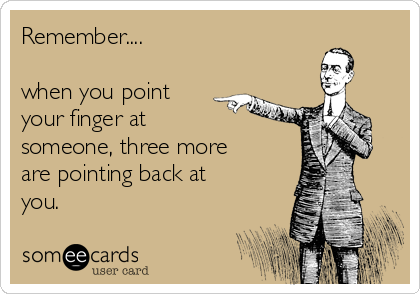
Fair warning folks, this is a post only trial attorneys can appreciate . . .
In State v. Goss, the WA Supreme Court held a defendant was properly barred from arguing that the jury could draw a negative inference from the fact the State had not offered a recording of a detective’s interview with the defendant.
Mr. Goss was charged with Goss was initially charged with one count of Child Molestation Second Degree on accusations that he sexually assaulted his former fiance’s granddaughter. Later, a charge of Attempted Child Molestation Third Degree was added.
The police interviewed Mr. Goss when the accusations first arose. The interview was recorded at the police station, and lasted 50 minutes.
Before trial, Goss moved to redact portions of the recorded interview relating to (1) pornography Goss’s home computer and (2) prior allegations of child molestation made against him. The State indicated that it did not plan to play the recording in its case in chief. The trial judge reserved ruling until and unless the recording was offered. Neither side moved to admit the recording during trial.
At closing argument, Goss was barred from arguing that the State failed to produce the video.
Goss was found guilty of the charges. He appealed. Among other arguments, he said the Prosecutor’s failure to admit the interview at trial was analogous to a party not offering an available witness. This is also called the “Missing Witness Doctrine, which is well-described in State v. Blair. ” Under the “missing witness” or “empty chair” doctrine it is a well-established rule that where evidence which would properly be part of a case is within the control of the party whose interest it would naturally be to produce it, and, he fails to do so, the jury may draw an inference that it would be unfavorable to him.
However, the WA Supreme Court rejected these arguments. It pointed out that Goss himself moved to redact portions of the recorded interview relating to prior allegations of child molestation made against Goss by his daughter. The Court also reasoned The detective who questioned Goss on the tape testified at trial. Consequently, Goss could have cross-examined the Officer on the witness and possibly got the recorded interview admitted, redacted or otherwise. Coincidentally, ruled the Court, “Nothing in this record suggests the State’s decision not to play the tape was nefarious. Goss has not shown the trial court abused its discretion because the tape was analogous to a missing witness. ”
My opinion? It’s difficult to say the WA Supremes decided this wrong. I’ve won jury trials where the Prosecution has pointed the finger at Defense for failing to produce “missing witnesses.” Usually, these attacks from the State are rejected by courts because the State – and not the defense – carries the burden of proof. Asking the defendant to come up with more witnesses is a sly (and unlawful) way of shifting the burden to the defense.
The “Missing Witness” doctrine is rather funny in that it points the finger right back at the attorney who claims the other side failed to produce the “magic witness.”
WPIC 5.20 discusses the limited use of the “Missing Witness” defense/offense tactic. Basically, if a person who could have been a witness at the trial is not called to testify, jurors may be able to infer that the person’s testimony would have been unfavorable to a party in the case. Jurors may draw this inference only if they find that:
(1) The witness is within the control of, or peculiarly available to, that party;
The tactic is to be used sparingly, and with good reason: it points the finger right back at the accusing party! Here, that’s exactly what the WA Supreme Court decided.
Please contact my office if you, a friend or family member are charged with a crime. Hiring an effective and competent defense attorney is the first and best step toward justice.











